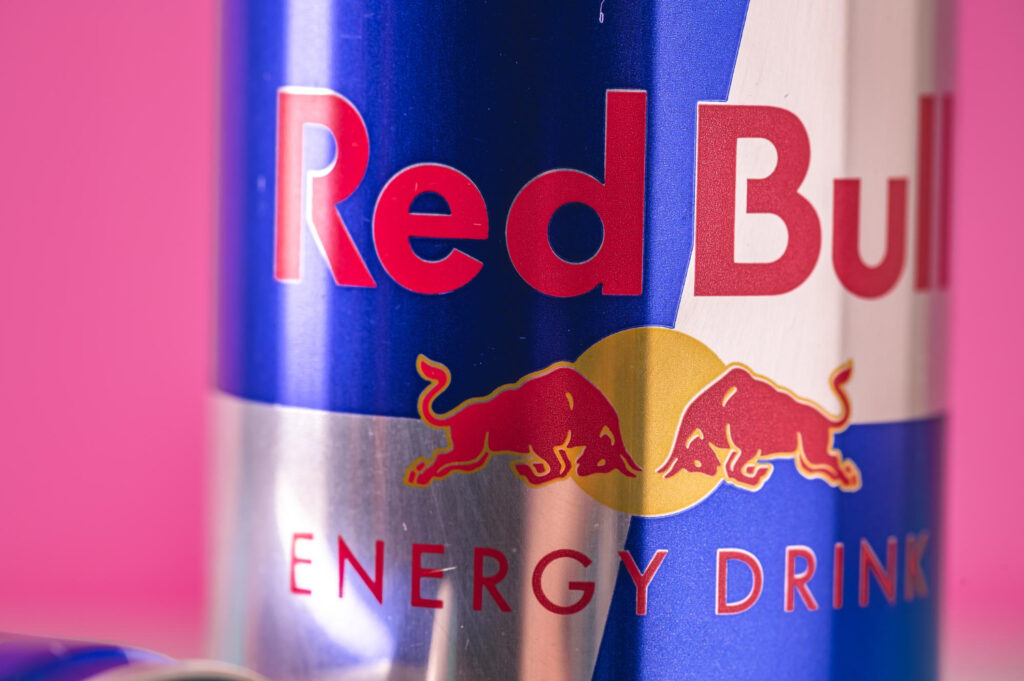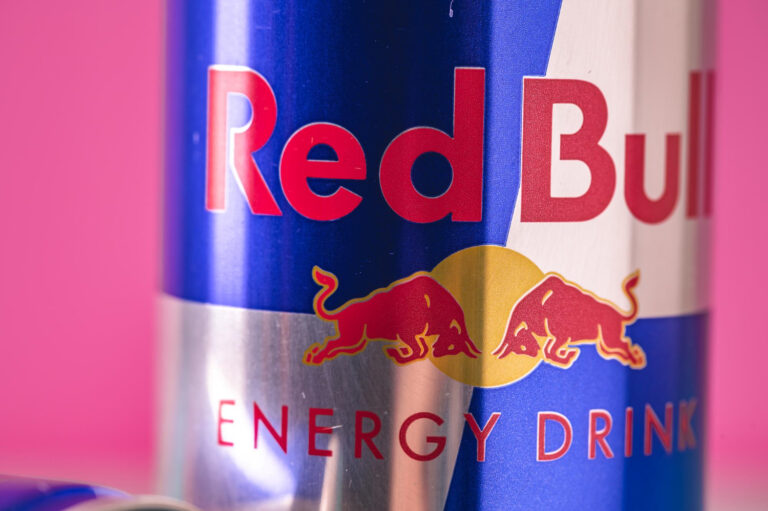Child Health Day is an observance in the United States that promotes childhood health. It is observed every October on the first day of the month. The president will issue a proclamation each year for health organizations and child welfare groups to work together to promote child health.
Programs held for Child Health Day have several objectives:
- To promote child health awareness through educational programs.
- Campaign for a child health awareness program that reaches beyond this day.
- To protect the health of children.
- Stimulate development of pediatric care.
- Providing resources for parents on how to properly care for the health of their children.
- Support school health programs and events.
- Educate children on how to choose healthy foods and the importance of nutrition.
- Promotion of exercise programs and educate children about physical fitness.
Many health groups take an active role, whether they are geared toward children or general health. The Health Resources and Services Administration asks surgeon generals on this day to devote more time to the health and wellbeing of children. Some will focus on a specific aspect of children’s health. For example, The Maternal and Child Health Library institutes programs centered on nutrition, healthy food choices, and exercise for both children and their care providers. This also includes the health of women who are expecting.
History
Groups such as the American Child Health Association, the American Federation of Labor, and the General Federation of Women’s Clubs campaigned for a children’s health day in the early 1900s. Labor groups held an interest in the day because child labor was common at the time. On 1928, a proclamation for Child Health Day was issued by President Coolidge to be observed on May 1st. In 1960, it was moved to the first Monday of October.
Common Children’s Health Concerns
Obesity—In the United States, 1/6th of children ages 2 to 19 suffer from being overweight. This is largely due to the surge in poor nutrition and a decrease in exercise. It also makes other health problems, such as asthma and diabetes, elevated.
Prenatal care—This is care for pregnant mothers. Prenatal care is just as important as the child’s health after birth. It is essential for pregnant women to get the necessary nutrition and health care during their pregnancy to prevent complications and aid in a healthy birth.
Daycare Sanitation—Daycares are a huge source of sickness for American children. Many Child Health Day programs focus on improving the sanitation at daycares. This is not necessarily an issue of a “bad” daycares service, as daycares spread disease due to the large number of children in the same place that come into contact with the same materials. Programs will focus on hand washing and cleanliness.
Immunizations—It is essential for children to receive vaccinations at specific times during their upbringing. Often, if a child does not receive a vaccine within the designated window, they remain un-immunized their whole life.
Childhood Diseases—Children are especially prone to certain diseases, such as the chickenpox. Many programs will focus on prevention and treatment of these concerns.













































